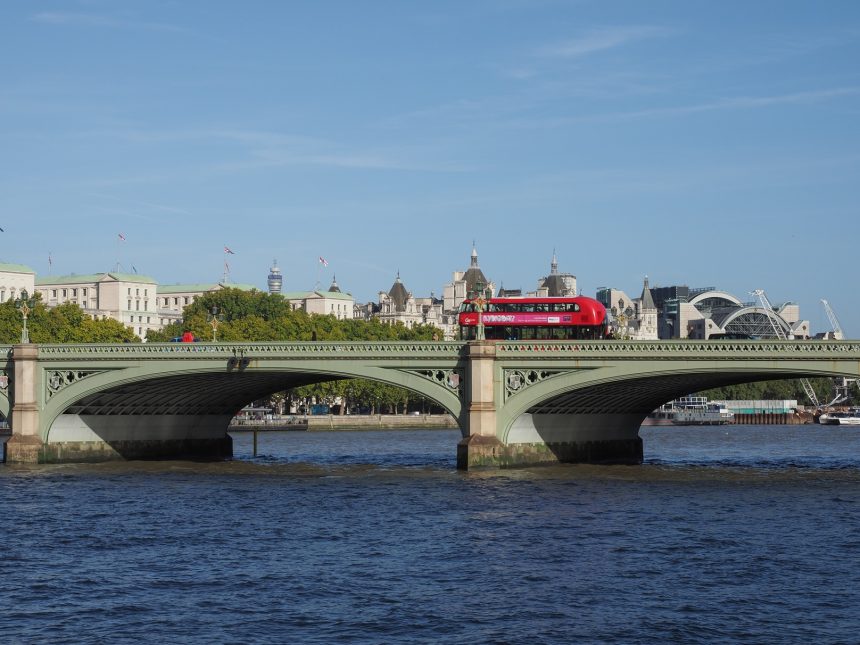The first Labour budget in 14 years could perhaps be described as a score draw where it impacts the coach and bus industry.
For coach, the unexpected bonus was Rachel Reeves’s decision to continue the temporary 5ppl fuel duty cut. One operator in that sector believed that allowing it to lapse was a dead-cert, and so its continuation has been welcomed.
If Ms Reeves was going to end the ever less ‘temporary’ cut, now was the time. Certain mainstream sources ahead of the budget suggested that she may have gone one further and increased the core fuel duty rate by 2ppl. Neither occurred. That they have not leads to the rumination that the current rate may now be baked in for the foreseeable future.
Bus, too, will likely be satisfied with the fuel duty freeze, although had the cut been allowed to lapse, an argument would have existed for some of the revenue raised to go to public transport.
That may well have been what happened. But calls upon the government’s shilling are many, and the bus industry in England was blessed with both continuation of the fare cap – albeit at a higher rate – and a further £640 million for Bus Service Improvement Plan work only days before the budget.
Where the feeling is less fuzzy is on employers’ national insurance contributions. The government came good on its position that business would foot the bulk of the tax-raising bill.
One SME operator estimates that changes to national insurance will add around £615 per year to the cost of employing someone. Among driving staff, that in many cases will be the equivalent of around a 5% pay rise that now goes to government coffers. There is also worry that the minimum wage uplift will pressure rates that are in the area above that new figure.
Perhaps unsurprisingly, Rachel Reeves gave road pricing a swerve in her budget. While some of what else she announced can be described as rather brave, being the Chancellor who fires the starting gun on pence-per-mile charging as a replacement for vehicle excise duty will call for a steely nerve and a thick skin, not just a large parliamentary majority.
Like ending the ‘temporary’ fuel duty cut, the time to start any road pricing work was now, if it must progress. Politically, road pricing is toxic. It has instead been kicked down the road by increases to some vehicle excise duty rates from 2025.
The Exchequer impact of those uplifts is cited as modest as far as FY2029/30. The revenue take will go towards infrastructure and public services. It looks relatively safe to say that road pricing is now off the agenda. That, too, may count as a score draw for coach and bus – but don’t bet against it returning under the next parliament.



























